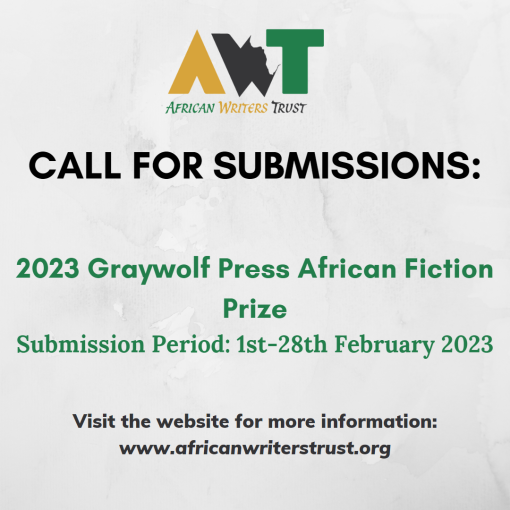What does it mean to be a disabled person in Africa today? How do people in Africa living with a range of physical and psychological disabilities experience and express their unique sense of embodiment?
The Disability and Inclusion Africa Project invites creative submissions for an anthology of original voices around the theme “Alternative Explanations / Alternative Representations of Disability in Africa”.
Our brief is deliberately non-specific as we wish contributors to respond in whatever way they wish in terms of genre and subject matter. We are open to all genres from poetry to short fiction to creative non-fiction, and everything in-between. Prose pieces should not exceed 5000 words.
Contributors may submit work in more than one genre. Please do not submit more than five pieces.
Themes could include, but are not restricted to:
- Stereotypes of disability in Africa;
- Western medicine and traditional beliefs;
- Health and illness in Africa;
- The altered body;
- Love and sexuality in a disabled body;
- Injury; pain; brokenness; recovery;
- Psychological and mental health;
- and so on.
All material must be original and previously unpublished.
The anthology will be published in English, but translations from other languages will be accepted.
The anthology is open to all writers from Africa whether on the continent, or in the diaspora.
Deadline for submissions is 15 May 2021.
Submissions should be sent to Prof Kobus Moolman at jmoolman@uwc.ac.za
For more information or queries contact Prof Moolman at jmoolman@uwc.ac.za or Dr Charlotte Baker at c.baker@lancaster.ac.uk.
The Disability and Inclusion Africa Project is a partnership between stakeholders in Nigeria, Cameroon, Tanzania, South Africa and the UK. The project uses the perspectives of the arts and humanities to share understandings and to diversify the production of representations of
people with disabilities through their own words and images. Through publications, workshops, exhibitions and a conference the project not only responds to gaps in scholarship, but the culturally-informed research that will emerge from the project will bring about a step change in the way in which Disability Studies is approached within and beyond Africa.




